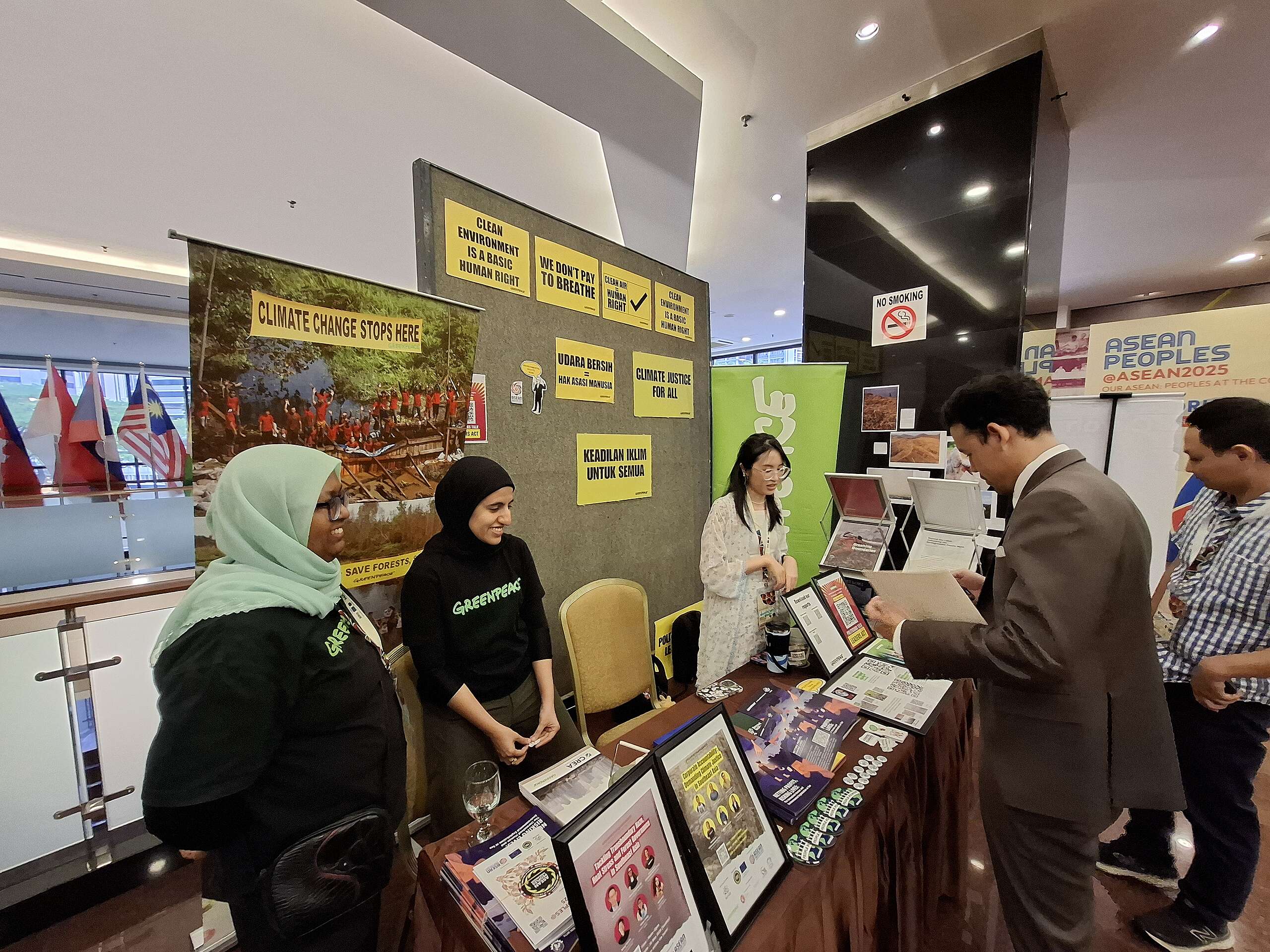We call for political parties to include a Climate Change Act, Transboundary Haze Pollution or Clean Air Act and the revising of our 1974 Environmental Quality Act into their election manifesto.
The effects of climate change due to our piecemeal approach to environmental issues is causing significant economic losses for Malaysia, undermining infrastructure and development efforts as well as impacting livelihoods. Climate change is worsened by environmental degradation and carbon emissions from several sectors. However it has implications on Malaysia as a whole.
We are already experiencing near yearly floods and expect to experience worse floods than the ones in December 2021 that impacted several states, claimed 55 lives, affected 125,000 people, and led to approximately RM2.6 billion in property damages.
Our research on the Parliamentary Hansard showed that questions with environmental keywords only surfaced 8.7% of times over the last four years since 2018. As such we need our future leaders to prioritise a holistic approach to dealing with this environmental crisis. In the upcoming General Election, we call for political parties to include a Climate Change Act, Transboundary Haze Pollution or Clean Air Act and the revising of our 1974 Environmental Quality Act into their election manifesto. Following the Nov 19 polling date, our elected representatives must prioritise developing these three Acts.
1. Climate Change Act
Our climate change agenda is fragmented, environmental governance has been divided into different ministries, for example, in the recent Budget 2023, public transport, Electric Vehicles and carbon reduction were included in different parts of the budget. However we need a long term strategy for carbon reduction, climate mitigation and adaptation. Despite having a Climate Change Division and Malaysia Green Technology and Climate Change Center, it is performing climate change related functions without legislation. We need a legislative framework under a Climate Change Act for a Minister to be responsible for both green ( concerning biodiversity such as forestry) and brown issues (concerning human health such as air pollution) as well as Climate Change issues, such as, forest, water, agriculture, coastal erosion, carbon tax, renewable energy.
2. Transboundary Haze Pollution Act or Clean Air Act
Between 2018-2019, The Pakatan Harapan Government has drafted the Transboundary Haze Pollution Act but the Perikatan Nasional and Barisan Nasional Government has decided to shelve the tabling of the Transboundary Haze Pollution Act and continue to use diplomacy. However diplomacy alone cannot solve the problem. After all, too much diplomacy and too little action has been responsible for the recurring haze. Furthermore, our government needs to hold Malaysian businesses accountable. NGOs in Malaysia including Greenpeace have filed an air pollution complaint to Human Rights Commission of Malaysia (SUHAKAM) to highlight major gaps in our legislative tools, including air quality standards that are not in line with global guidance from the World Health Organization.
On the Transboundary Haze Act, the Malaysian government can improve on Singapore’s efforts and overcome diplomatic shortcomings. We respect the state sovereignty and the non-interference principle, but we must address and hold responsible Malaysian companies’ role in financing and contributing to forest fires and peat draining activities in Indonesia which lead to transboundary haze. Additionally, we need a legal instrument prepared by ASEAN in order to highlight this cause and hold Malaysian companies to account.
On air pollution standards, we need to align the National air quality with international standards and the recommended 2021 WHO guidelines.
3. Revised Environmental Quality Act(EQA) 1974
The Department Of Environment has revised the penalties on polluters in the EQA in Oct 2022. However the government needs to include amendments on the standards of environmental pollution prevention, monitoring and enforcement; strengthen EIA guidelines to uphold impartiality, transparency and public participation; and include the concept of a holistic circular economy especially for scheduled waste.
On Environmental Impact Assessment (EIA) guidelines, the current practice involves private developers paying consultants to conduct EIAs for their projects and produce their assessment reports, almost all EIA reports are favourable to the developers paying them. Therefore, it is important that the DoE, not the developer, be the party that pays these (consultants) who conduct the EIAs. In EIA, it is important to strengthen the legal requirements and good governance in the process, increase transparency, make it accessible to the public, environmental NGOs, interest groups and elected representatives, transform public display methods to enhance public engagement and stakeholder involvement. Enforcement capacity should be strengthened.
On the concept of circular economy, provisions should be included to enable pollution control and reduction of waste through recovery of resources. For example, biogas recovery from livestock waste and mandatory e-waste collection system should be introduced and regulated. On the other hand, in terms of emission and release of toxic chemicals, we need new provisions or new legislation for chemical governance so that the government can manage the database of chemicals and toxic substances from the whole life cycle perspective.
-Ends-



